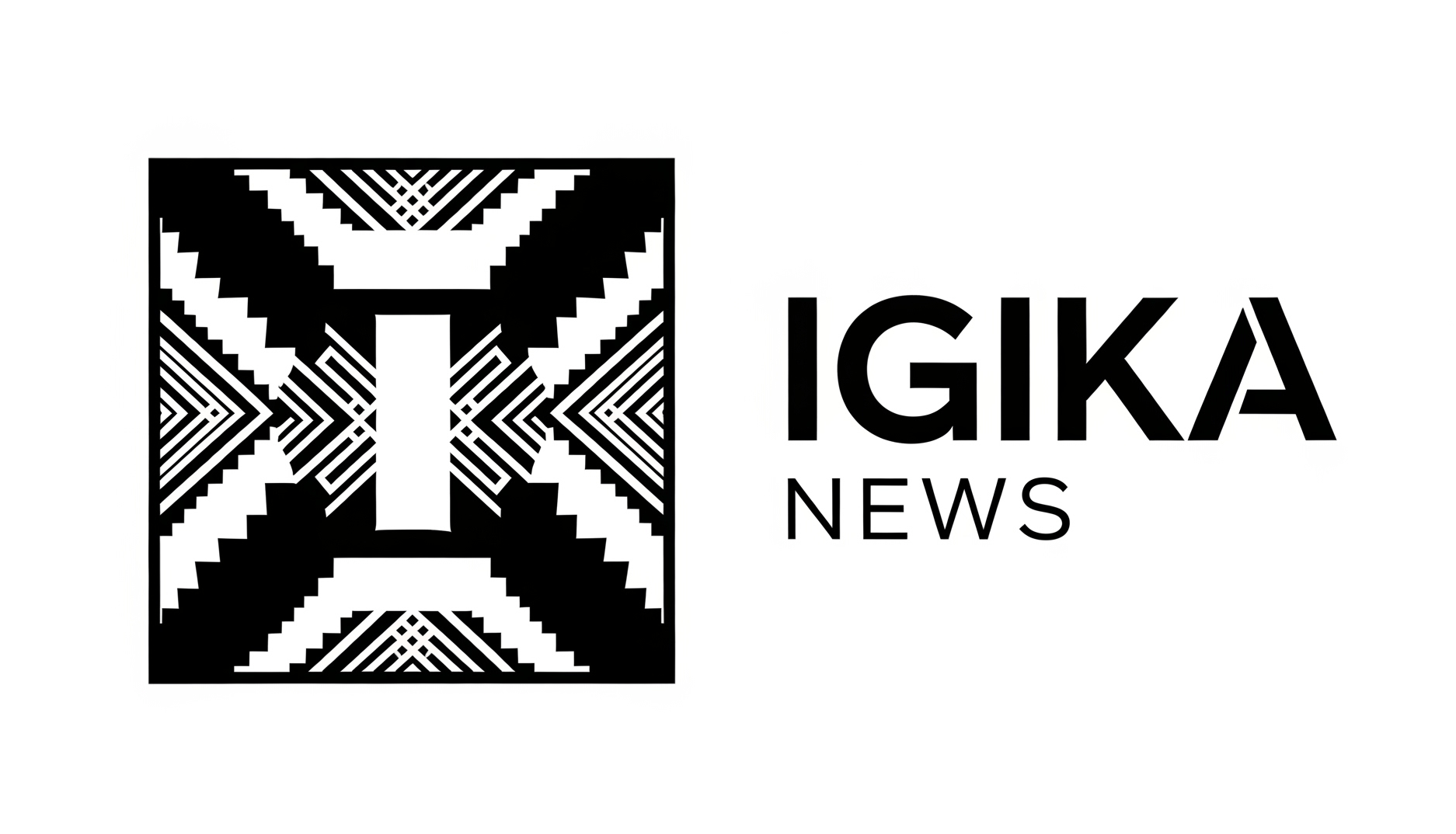Insurance is one of the most important tools for protecting yourself and your assets. Whether it’s for your health, home, car, or even your pet, having the right insurance policy can provide peace of mind in unexpected situations. But with so many options, how do you know which types of insurance you actually need? This article breaks down the various types of insurance, their benefits, and how to choose the right coverage for your lifestyle.
Introduction to Insurance
What is Insurance?
At its core, insurance is a contract between you and an insurance company where you pay premiums in exchange for financial protection against specific risks. Essentially, insurance acts as a safety net, helping you recover from unforeseen events such as accidents, illnesses, or natural disasters without facing overwhelming financial burdens.
For instance, if you get into a car accident, auto insurance can cover the repair costs and medical bills. Similarly, health insurance ensures that you can afford necessary medical treatments without draining your savings. It’s a system designed to mitigate financial risks and offer stability.
Why is Insurance Important?
Life is full of uncertainties, and that’s where insurance comes in handy. Think about it—could you afford to replace your home if it were destroyed in a fire? Or pay for a costly surgery out-of-pocket? Insurance provides a safety net for such scenarios, ensuring that you’re financially prepared to handle life’s curveballs.
Insurance also offers peace of mind. Knowing that you’re covered allows you to focus on recovery rather than worrying about expenses. Beyond personal benefits, having certain types of insurance, like auto liability coverage, is also a legal requirement in many countries.
The Role of Risk Management in Insurance
Risk management involves identifying potential risks and taking steps to minimize them. Insurance is a key component of this process. By assessing your unique risks—whether it’s health-related, property damage, or liability concerns—you can choose insurance policies that protect your financial well-being.
Major Types of Insurance
Health Insurance
Health insurance is one of the most essential types of coverage. Medical expenses can be exorbitant, and without insurance, even routine visits to the doctor can strain your budget.
Benefits of Health Insurance
Health insurance covers a wide range of medical expenses, from routine check-ups and medications to surgeries and emergency treatments. Most plans also include preventative care services, such as vaccinations and screenings, to help you stay healthy.
Another benefit? Financial predictability. Instead of worrying about paying a $20,000 hospital bill, you pay a monthly premium and, in some cases, a deductible. This structured payment system makes healthcare costs manageable.
Common Health Insurance Plans
When it comes to health insurance, there are several types of plans to choose from:
• HMO (Health Maintenance Organization): Requires you to choose a primary care physician and get referrals for specialist care.
• PPO (Preferred Provider Organization): Offers more flexibility in choosing healthcare providers without needing referrals.
• HDHP (High Deductible Health Plan): Paired with a Health Savings Account (HSA), this plan is ideal for those looking to save on premiums while being prepared for major medical expenses.
Choosing the right health insurance depends on your medical needs and financial situation.
Life Insurance
Life insurance is all about protecting your loved ones financially after you’re gone. It ensures that your family has the resources they need to cover expenses like mortgages, education, and daily living costs.
Term Life vs. Whole Life Insurance
There are two main types of life insurance:
1. Term Life Insurance: Covers you for a specific period (e.g., 10, 20, or 30 years). It’s more affordable but doesn’t build cash value.
2. Whole Life Insurance: Provides lifelong coverage and includes an investment component, allowing you to accumulate cash value over time.
Both options have their pros and cons. Term life insurance is ideal for individuals looking for affordable, temporary coverage, while whole life insurance works well for those seeking long-term financial planning.
How to Choose a Life Insurance Plan
When selecting a life insurance policy, consider your financial obligations, dependents, and future goals. For example, if you’re the primary breadwinner, term life insurance may offer affordable protection during your peak earning years.
Auto Insurance
Auto insurance is a must-have for vehicle owners. Not only is it legally required in most places, but it also protects you financially if you’re involved in an accident or your car is damaged.
Types of Auto Coverage
Auto insurance typically includes several types of coverage:
• Liability Insurance: Covers damages to others if you’re at fault in an accident.
• Collision Insurance: Pays for repairs to your vehicle after an accident.
• Comprehensive Insurance: Protects against non-collision-related damages, such as theft, fire, or vandalism.
Each type serves a unique purpose, so understanding your needs is key to getting the right coverage.
Why You Need Auto Insurance
Imagine getting into an accident and not having the funds to repair your car or pay for medical expenses. Auto insurance ensures that these costs are taken care of without putting a dent in your wallet. Plus, many policies offer added perks like roadside assistance and rental car reimbursement.
Homeowners and Renters Insurance
What Does Homeowners Insurance Cover?
Homeowners insurance protects your most significant investment—your home. It typically covers damages caused by natural disasters (excluding floods and earthquakes), theft, and liability if someone gets injured on your property.
This type of insurance also includes personal property coverage, which replaces or repairs belongings damaged in covered incidents. Without homeowners insurance, repairing or rebuilding your home could cost hundreds of thousands of dollars.
Understanding Renters Insurance
Renters insurance is designed for those who don’t own their homes but want to protect their belongings. It covers items like furniture, electronics, and clothing in case of theft or damage. Additionally, renters insurance often includes liability coverage, which comes in handy if you accidentally damage the rental property or someone gets injured while visiting you.
Disability Insurance
Disability insurance replaces a portion of your income if you’re unable to work due to illness or injury. It’s an often-overlooked form of coverage but can be a lifesaver for those who rely heavily on their income.
Short-term vs. Long-term Disability Coverage
• Short-term Disability Insurance: Provides income for a limited period (e.g., 3-6 months) during temporary disabilities.
• Long-term Disability Insurance: Offers extended income replacement, sometimes lasting until retirement age, for severe disabilities.
Who Should Consider Disability Insurance?
If you’re the primary earner in your household or work in a physically demanding job, disability insurance is a wise investment. It ensures you can maintain your financial responsibilities even if you’re unable to work.
Specialty Insurance
Travel Insurance
Travel insurance is designed to protect you from unforeseen issues that can arise during trips, such as cancellations, delays, or medical emergencies. It’s especially valuable for international travel or expensive vacations.
Key Features of Travel Insurance
Travel insurance typically covers:
• Trip Cancellations/Interruptions: Reimburses you for prepaid expenses if you need to cancel or cut short your trip due to covered reasons (e.g., illness, weather events).
• Medical Emergencies: Covers hospital visits or treatments while traveling, especially in countries where your primary health insurance doesn’t apply.
• Lost or Delayed Baggage: Provides compensation for essential items if your luggage is lost or delayed.
Some policies also offer 24/7 assistance services, such as translation help, locating medical facilities, or rebooking flights.
When Travel Insurance is Necessary
While not every trip warrants travel insurance, there are times when it’s a smart choice:
• International travel, where healthcare systems and costs vary.
• Expensive vacations or events with non-refundable deposits.
• Travel to destinations prone to severe weather or political instability.
Pet Insurance
Pet insurance has gained popularity as pet owners seek ways to afford veterinary care for their furry companions. Pets are family, and their healthcare can be expensive.
What Pet Insurance Covers
Pet insurance typically includes coverage for:
• Accidents: Injuries caused by accidents, such as fractures or bites.
• Illnesses: Common illnesses, including infections or chronic conditions.
• Preventive Care (Optional): Vaccinations, routine check-ups, and dental cleaning may be covered under specific plans.
Policies may have exclusions, so it’s essential to read the fine print. For instance, pre-existing conditions or certain breed-specific issues may not be included.
Benefits of Insuring Your Pet
With veterinary costs on the rise, pet insurance ensures you won’t have to choose between your finances and your pet’s health. It allows you to provide the best care possible without worrying about the bills.
Business Insurance
For entrepreneurs and business owners, protecting your company is crucial. Business insurance safeguards against risks like property damage, lawsuits, and employee-related issues.
Types of Business Insurance
There are several types of business insurance:
• General Liability Insurance: Covers legal expenses and damages if your business is sued for injuries or accidents.
• Commercial Property Insurance: Protects your physical assets, such as buildings and equipment, against damage or theft.
• Workers’ Compensation Insurance: Required in most states, this covers medical expenses and lost wages for employees injured on the job.
Why Entrepreneurs Need Insurance
Running a business comes with inherent risks. Without insurance, a single lawsuit or natural disaster could financially cripple your operations. Business insurance not only offers protection but also builds credibility with clients and partners.
How to Determine What Insurance You Need
Evaluating Your Life Situation
Your life stage and responsibilities play a significant role in determining your insurance needs. Are you single, married, or raising a family? Do you own a home or rent an apartment? Are you self-employed or employed by a company? Each scenario comes with unique risks that require different types of coverage.
For example:
• A young professional with no dependents may prioritize health and auto insurance.
• A parent may need life insurance to secure their children’s future.
• A homeowner requires property insurance, while a renter may only need renters insurance.
Understanding Your Financial Goals
Insurance should align with your financial objectives. If you’re building wealth, life insurance and disability insurance can protect your family and income. If you’re focused on securing assets, homeowners or business insurance may be more relevant.
Consider these questions:
• How much risk can you afford to take on?
• What are your long-term savings or investment goals?
• Do you have an emergency fund to cover unexpected expenses?
Consulting with Insurance Professionals
Navigating the world of insurance can be overwhelming. Consulting with licensed insurance agents or financial advisors can provide clarity. These experts can assess your needs, explain policy options, and help you find the best coverage for your situation.
Common Mistakes to Avoid When Buying Insurance
Overlooking Coverage Details
One of the biggest mistakes is not understanding what your policy does and doesn’t cover. For instance, many homeowners assume flood damage is included in their insurance when it’s typically not. Always read the fine print and ask questions to avoid surprises during claims.
Focusing Only on Price
While affordability is important, the cheapest policy isn’t always the best. Low premiums might mean limited coverage or high deductibles, leaving you financially vulnerable when you need it most. Instead, balance cost with the value of the coverage provided.
Failing to Update Your Policy Over Time
Life changes—marriage, buying a home, having children, or starting a business—can significantly impact your insurance needs. Failing to update your policies can leave you underinsured or paying for coverage you no longer need.
Conclusion
Choosing the right insurance is about understanding your unique needs and the risks you face. Whether it’s protecting your health, your home, your car, or your business, insurance provides the safety net you need to navigate life’s uncertainties. Evaluate your circumstances, set clear financial goals, and consult with professionals to make informed decisions.
Remember, the goal of insurance is not just to comply with legal requirements but to provide you with peace of mind. Investing in the right coverage today can save you significant stress and financial hardship in the future.
FAQs
1. What is the difference between life and health insurance?
Life insurance provides financial support to your beneficiaries after your death, while health insurance covers medical expenses for illnesses, injuries, or routine care.
2. Is renters insurance worth it?
Yes, renters insurance is an affordable way to protect your belongings and provide liability coverage in case of accidents or damages within your rental property.
3. How do I know if I need disability insurance?
If your household relies on your income, disability insurance is crucial. It ensures financial stability if you’re unable to work due to injury or illness.
4. Can I bundle different types of insurance for a discount?
Many insurers offer discounts when you bundle policies, such as home and auto insurance. This can save you money while simplifying your coverage management.
5. What happens if I don’t have insurance?
Without insurance, you’re financially responsible for any damages, medical expenses, or liabilities. In some cases, like auto insurance, lack of coverage can result in legal penalties.














